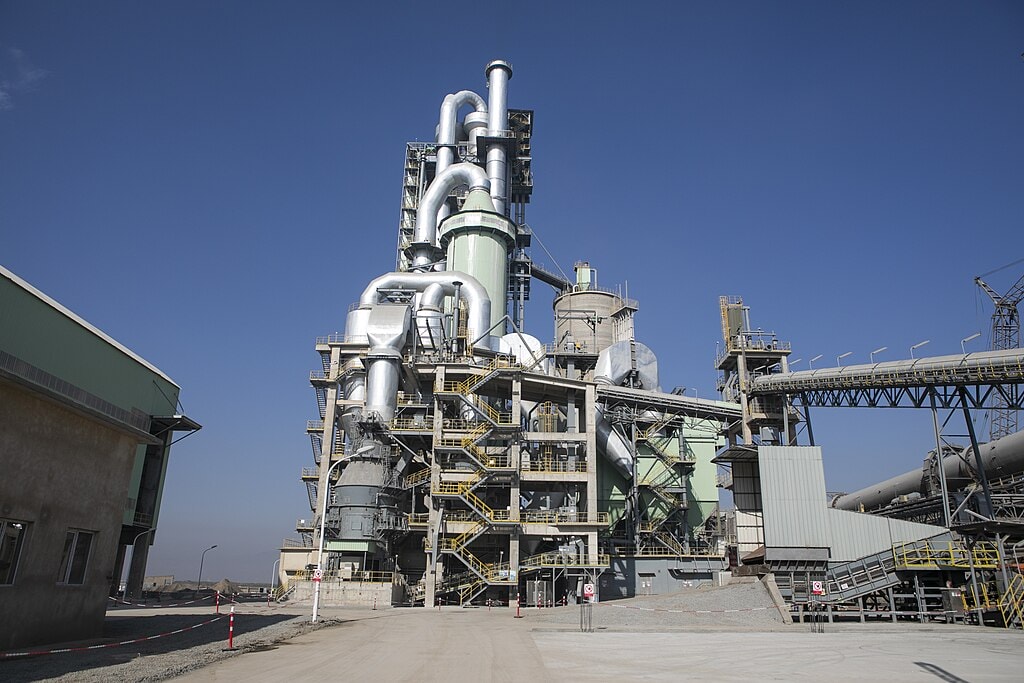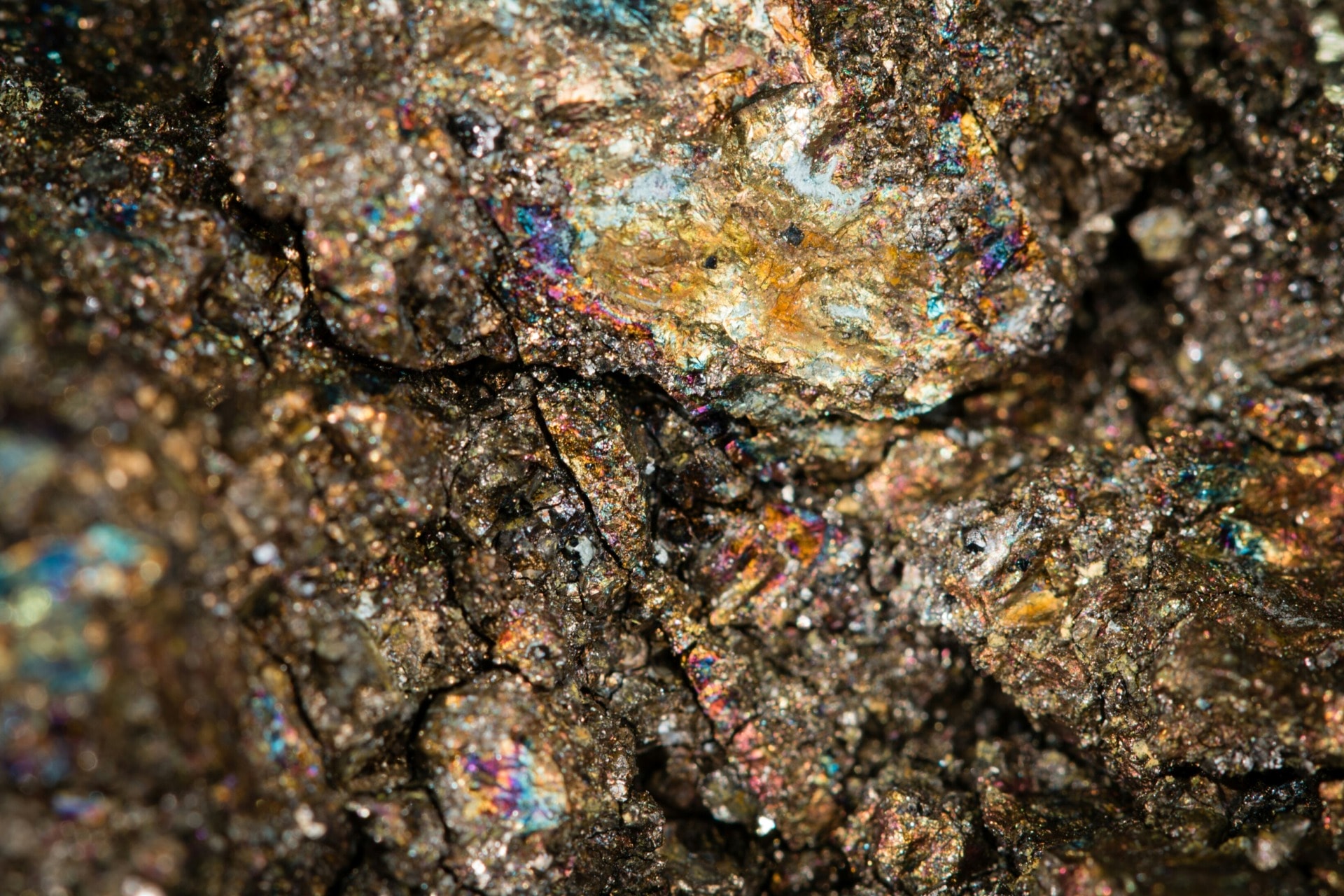Putin has its forefinger on the gas switch.
Last week we discussed Putin’s request to change the payment currency for Russian energy, European reactions and possible scenarios.
All of this led to a conclusion: a decision on the part of Russia to halt energy export would harm domestically as much as internationally, and we compared such a decision to pressing a light switch (as it would indeed provoke an energetic crisis throughout Europe). We concluded that analysis by saying:
“Fortunately for the West, [the switch] works two ways: Russia needs to sell its gas and oil to survive, and it too will find it difficult to find new clients to substitute for Europe.
Even a bold dictator like Putin will find it difficult to press it.”
But here we are, commenting on a new chapter of the gas transaction saga.
The new currency shift decree
On March the 31st, after around a week from the first Russian statement on the matter (precisely the time frame that was promised), Putin signed a new decree concerning the payment of Russian energy exports.
This decree does not demand European countries to pay directly in rubles but to pay for energy exports through a currency conversion system set up in Gazprombank, a Russian bank not targeted by sanctions.
The system would work in this way:
– Western importing companies open two accounts in Gazprombank, one in euros and one in rubles
– Those same companies make the payment in euros in the first account
– Gazprombank converts Euros to Rubles in the Russian market
– Gazprombank transfers the acquired rubles to the second account
– Gazprom receives the payment in rubles and supplies the importing companies
Russia designed this mechanism to bypass western-imposed sanctions. Indeed, by increasing the demand for the ruble in the internal market, the currency would regain value with respect to foreign ones.
That agreeing to Russian conditions will benefit the Russian economy can also be grasped by looking at how economic indicators reacted to the mere announcements of such provisions:
The ruble continues to rise, ending at 83 per dollar on Thursday and has incremented in value in 15 of the last 16 sessions in Moscow trading. Such an increase also seems to cascade on shares of Russian companies, as Gazprom witnessed a 12.3% increase and even the sanctioned lender VTB shares were 15.4% higher.
European reactions and scenarios
Abiding by the Russian request would not just provide economic advantages; it would send a strong political message to the world: Russia can blackmail Europe to do what it wants.
This is why all European leaders have excluded complying with the Russian request.
Italian prime minister Mario Draghi has claimed that it is “not simple to change the currency of payments without breaking the contracts” and, therefore, will oppose the Russian request.
German chancellor Olaf Scholz said he had clarified to Putin that payment currency would not have changed in a phone call on March the 30th. After the promulgation of the decree, Germany’s economy minister Robert Habeck has declared that changing the contracts would signal “that we will be blackmailed by Putin”, and, therefore, arrangements need to remain unchanged.
French finance minister Bruno Le Maire and UK’s prime minister Boris Johnson have also declared that the payment will be carried out in Euros.
Germany is drafting a rationing plan and has set up “an early warning phase” to prepare for the worst: a total halt of Russian gas supply.
Related articles: Renewable Energy Can Help Fight Putin and Spread Democracy Worldwide | EU to Cut Reliance on Russian Gas With New Plan
If the political necessity to stay united and not cave into Putin’s requests is not in doubt, It is unclear how European countries will manage to energetically sustain themselves if Putin goes through with his threat.
Russian gas, at the moment, is still flowing, but it is a mark of Putin’s pen away from stopping.
The most resilient side will prevail:
- Russia’s economy has to survive without the crucial inflow of energy exports or find alternative buyers
- Europe has to survive without around half of its energy imports or find substitutes
If Russia is better at mobilizing the population to resist deprivations through its authoritarian grip on power, Europe has more allies in the international community.
Russian autocratic autarky is confronting European democratic interdependence in a policy face-off that appears as strenuous as the military clash for Kharkiv and Kiev, even if played at the political level.
It is a stand-off between two different models of government, two different views of the world and two different trajectories that history could take.
It will contribute to determining if liberal democracy is truly the strongest form of government and if history has actually ended, as Francis Fukuyama famously claimed.
But history seems to be far from reaching its conclusion, at least until international equilibria will remain susceptible to the pressing of a switch.
Or even only at the threat of pressing it.
Editor’s Note: The opinions expressed here by Impakter.com columnists are their own, not those of Impakter.com. — In the Featured Photo: Map detailing major Russian gas pipelines. Featured Photo Credit: Wikimedia Commons.













